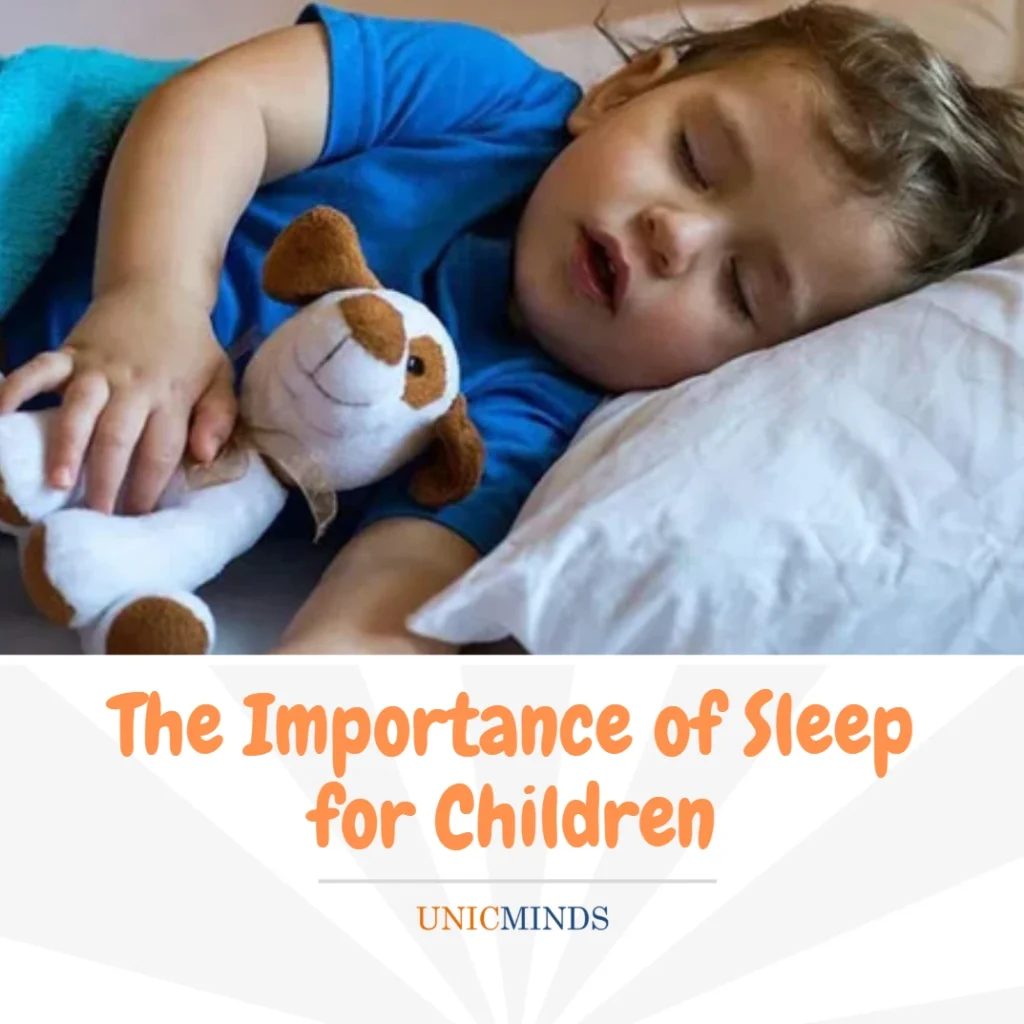A good quality sleep is probably the most underestimated factor of sound mental and physical health of a human-being. It is particularly observed that in the last 30 to 40 years is when we started to give less importance to sleep. This is largely due to the fast paced world that usually wants to do more and wants to catch up on everything.
Importance of Sleep for Children
Sleep is crucial for children’s physical, mental, and immune system growth. Small proteins such as cytokines are produced during sleep time. These cytokines are crucial to fend off illnesses and infections and are crucial to build the immune system.Many growth hormones are also produced during the sleep cycle time that promote growth of height, bone, muscle, and cognitive function.
The National Sleep Foundation recommends the following amount of sleep — including naps for younger children — for people at different life stages:
- 14-17 hours for newborns (0-3 months)
- 12-15 hours for infants (4-11 months)
- 11-14 hours for toddlers (1-2 years)
- 10-13 hours for preschoolers (3-5 years)
- 9-11 hours for schoolchildren (6-13 years)
- 8-10 hours for teenagers (14-17 years)
- 7-9 hours for adults (18-64 years)
Having less sleep will cause children or even adults to be less energetic, high on impulsivity, aggressive, anxious, and being unable to be 100% on any activity. Inadequate sleep will impact children’s behavior and performance in and outside the classroom and indirectly has a huge effect on their self-image and confidence.
Another aspect of life that sleep has a huge impact on is self-regulation. Adequate sleep leads to better self-regulation in terms of improved discipline and emotional regulation. People who sleep well usually feel better and are able to manage their emotions and impulses more effectively, trading the short-term gains for the long-term good.
What can be done by parents to help children get quality sleep?
Parents and guardians can help children practice good sleep hygiene. Here’s how:
- Keep the bedroom comfortable, clean, dark, and quiet. Don’t have any electronic devices around that can only be an expensive disturbance to your sleep.
- Ensure a consistent sleep schedule on all days of the week, including the weekends.
- Avoid very heavy meals just before bedtime. The body’s sleep cycle gets disturbed when it is digesting a heavy meal. At least 2-3 hours of time between meals and going to bed is recommended.
- The blue light from electronic devices can negatively affect melatonin release, the hormone that regulates sleep cycles.
- Get plenty of natural light during the day – Encourage your child to get as much natural light as possible. Bright light suppresses melatonin and makes the child feel awake and alert during the day, causing to be sleepy during the night time after sunset.
- Avoid caffeine – avoiding coffee, energy drinks, cola, chocolate, tea, and caffeine foods during the evening period will help regulate the sleep cycle better in both kids and adults.
- Avoid scary TV shows, movies and games at night. Children should feel safe during their sleep time else they’ll become very anxious about their safety. It is best for some children to avoid shows and movies that are scary.
- Night light and music can help – A night light could help children feel safe in a darker room and a mild soothing music too can help some children to fall asleep.
- Soft toys could help some – Having some soft toys can help some children to fall asleep while hugging the soft toy and feeling the warmth of the bed.
- Encourage deep physical and cognitive activity during the day – Encourage children to do physical activity like gardening, gymnastics, football, cooking, mental math, and more.
Hope this is useful, thank you for reading.
You may like to read: Kid Friendly Museums in Canberra, Australia, Teaching SEB Skills at a Young Age, & Coding a Cookie Clicker Game using Scratch Programming

